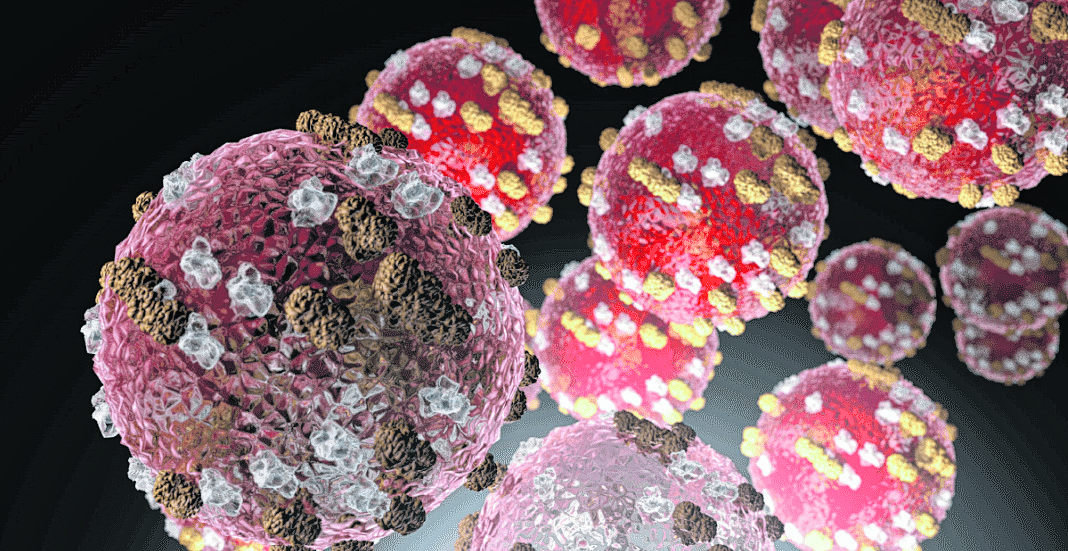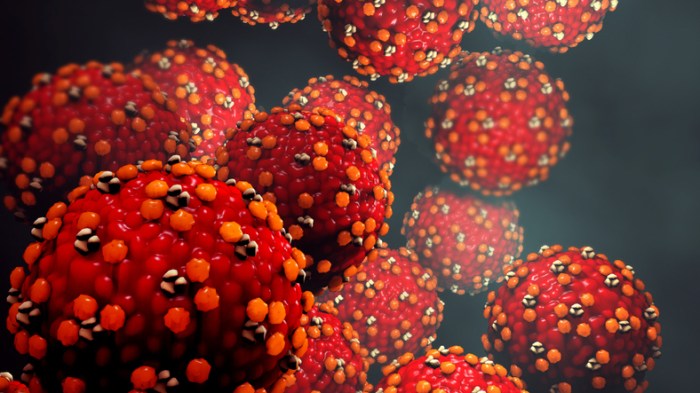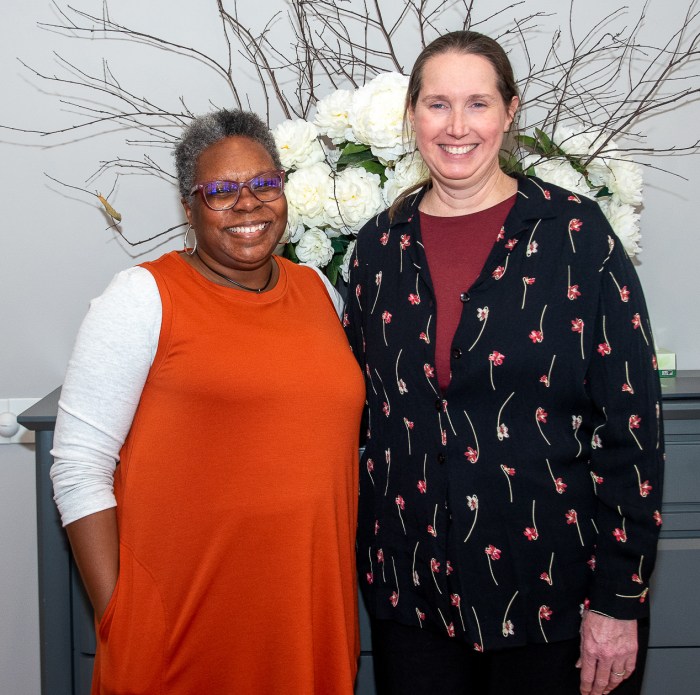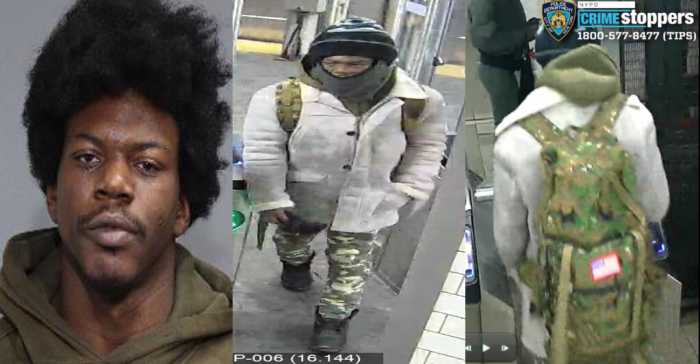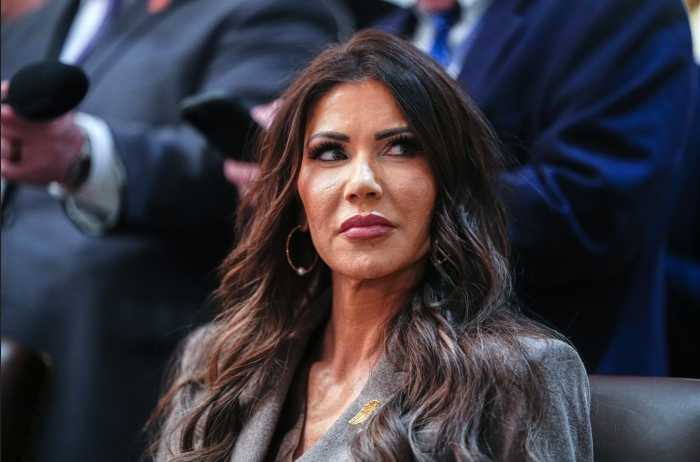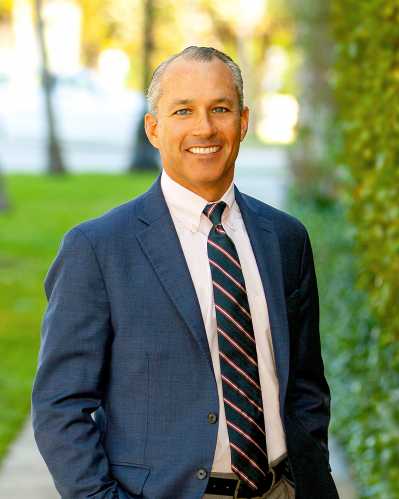Editor’s note: Part one in an investigative series on the recent measles outbreak in the United States.
“My child who has had the measles and has natural immunity [and] can no more catch the measles than I can. I have 0% fear of him catching the measles. I do have 100% fear of him going into cardiac arrest and seizing if he receives the MMR [measles, mumps and rubella vaccine],” said one “medical freedom” mother from Holbrook who wished to remain anonymous for this investigation.
Measles, a disease that was once thought to be eradicated, has reappeared in the United States. Over 850 cases have been documented across 20 states, though the actual number could be closer to 1,000, sparking concern among parents and children across the country. One group stands out as a community that does not fear this uptick in cases: the colloquially named anti-vaxxers.
Not everyone who declines vaccines subscribes to the “anti-vaxxer” title. Some prefer vaccine-hesitant. Some cite bodily autonomy as a reason for refusing vaccines. Some simply opt out of vaccine requirements and prefer no name. Regardless of the descriptors that they choose, they agree on one point: Vaccines should be optional.
New York State has an expansive and strict vaccination policy, requiring most of the common vaccinations before a child may be allowed in public, private or parochial schools. Medical exemptions are allowed, under Public Health Law Section 2164, which states, “If any physician licensed to practice medicine in this state certifies that such immunization may be detrimental to a child’s health, the requirements of this section shall be inapplicable until such immunization is found no longer to be detrimental to the child’s health.”
Because of strict guidelines such as these, many medical freedom parents maintain anonymity to avoid being sought out or to prevent public pushback or scrutiny. Throughout this Advocate investigation, all parents are anonymous for this reason. All interviewees were found via Facebook.
The Holbrook mother said, “The world needs more compassion, and it just isn’t ready yet to hear what people like my family have to say. People like my family sail in a vast ocean alone.”
She also shared that it is nearly impossible to prove medical exceptions. “Medical exemptions legally exist but are refused because any doctor that gives one will have their license revoked by the state. New York is such a state,” she said.
According to the New York State Department of Health, doctors are permitted to grant medical exemptions from vaccines. However, they must clearly justify the exemption under terms outlined in the law. For example, a child might be allergic to a component in a vaccine. Physicians who grant exemptions without cause could be subject to investigation by the New York State Office of Medical Conduct. Disciplinary actions range from a reprimand to loss to a medical license, the most severe action.
There is no publicly available data about the number of physicians who have been disciplined because they incorrectly or falsely wrote a vaccine exemption. In 2019, the State Department of Health issued the following guidance to physicians:
“It has come to our attention that apparently invalid medical exemptions have been provided to families seeking to avoid required vaccinations. Additionally, we are aware of cases of apparent falsification of medical records, such as New York State Immunization Information System (NYSIIS) records, either on the part of physicians or of the families of patients.”
With a rise in measles cases, anti-vaxxers have become a core part of the conversation around efforts to curtail what many see as an outbreak, a term defined by the federal Centers for Disease Control and Prevention as a greater number of cases than expected within a defined period of time.

Texas with more than 600 cases to date. (Map created by Camryn Bowden with
mapchart.net)
A rise in measles cases
New York has seen four recorded cases of measles this year. Three were in New York City and the fourth on Long Island. On March 11, the Suffolk County Department of Health reported that a child under age 5 contracted measles and was taken to Cohen Children’s Medical Center in Queens, leading to a potential exposure of up to 12 people. Since this documented case in March, no others have been reported on Long Island or in New York State.
Dr. Matthew Harris, medical director of emergency preparedness at CCMC, explained the debilitating, potentially life-threatening disease— measles kills one to three of every 1,000 patients.
“It’s a remarkably infectious virus. It’s spread between coughing, mucus, sneezing and contact with infected body fluids, again, like saliva and mucus,” Harris said.
He also described normal symptoms and recovery. “Measles, for the most part in many children, will cause a self-limiting disease, sort of fever, cough, runny nose, often followed by . . . red eyes and a rash that sort of looks like someone took red paint and threw it on your face, and it kind of dripped down your body,” he said. “The overwhelming majority of kids will stay really poor for a week, but will recover.”
There are, however, severe cases, he said. “Measles can cause a devastating pneumonia or infection of the lungs and a devastating encephalitis, like acute encephalitis or inflammation of the brain, or in very rare case, a sort of a subacute infection of the brain or inflammation of the brain that’s irreversible.”
Vaccination prevents the spread of the disease, Harris said, noting, “Clearly the most effective tool on our belt is the MMR vaccine in reducing the risk.”
The MMR vaccination rate is 82.6% in Suffolk County and 82% in Nassau County, according to reporting by Newsday. With a rate this low, the newspaper noted in its March 5 headline, Long Island lacks “herd immunity” against measles.
Herd immunity, according to the CDC, is defined as a level that would prevent wider spread of a disease—usually set at 95% coverage.
The anti-vaxxer response
“Am I concerned about measles cases popping up in Suffolk County? No, not really. No parent wants or likes when their child has an illness, and it’s always a tiny bit anxiety-inducing when it happens just because your maternal instincts are triggered when your child is struggling or suffering,” said a mother from Farmingdale who opts not vaccinate and wished to remain anonymous.
“I don’t think the measles itself is as much of a concern as secondary infection, like pneumonia happening if the child aspirates, but to be fair, that could happen with any other illness that produces respiratory symptoms,” she said.
Overall, she said, measles is the least of her concerns.
“I am not fearful of my children getting the measles — they’re healthy, strong, active, well-fed, and we have an abundance of resources, including both holistic and allopathic medicine, to support us if needed, which I doubt it would be because my kids recover from illness so fast,” she said. Allopathic medicine is another term for the mainstream, science-based medical system.
Another anonymous mother from Northport said, “I have no concerns about measles because I have done my research on how to treat it. Most measles cases are vaccine-strain measles due to exposure of a recently vaccinated child with MMR.”
That assertion, however, is widely disputed within the mainstream medical community. According to the Center for Health Security at the Johns Hopkins Bloomberg School of Public Health, the MMR vaccine contains a weakened, non-infectious strain (genotype A) that cannot cause or spread measles. There has never been a documented case of human-to-human transmission of the measles vaccine virus, according to the school.
“My son had the measles physically in 2019…He rested for about a week. He had a bit of a high fever. But I did the same thing, I nurtured him,” the Holbrook mother said, continuing, “Two weeks later, his doctor did a blood draw to see if he had the titer proving natural immunity from the measles. He did in fact, have natural immunity.” Titer refers to the measured level of measles antibodies in his blood.
Distrust in vaccines
Despite the mainstream medical community’s assertions, backed by scientific evidence, that the measles vaccine is safe, each of the mothers expressed different reasons for opting out of vaccinations, often citing concerns about manufacturing.
“Egg proteins are in the flu shot and the rubella portion of the MMR. Many people are sensitive to egg as well. Connection? Who knows…Then, of course, there’s the human diploid cells, or the remaining DNA products from aborted fetuses from the ’60s and ’70s, which are used in the live vaccines like MMR and varicella,” the Farmingdale mother said.
According to the CDC, the measles and mumps components of MMR are grown in chick embryo fibroblast cells (not in eggs), but the MMR vaccine does not contain egg proteins. The rubella component is grown in human cell cultures.
Some live-virus vaccines, including MMR, varicella and hepatitis A, are grown in human diploid cell lines (WI-38 and MRC-5) that originated from elective abortions in the 1960s. However, there is no fetal tissue in vaccines, and no ongoing abortions are required for vaccine production, Dr. Shira Doron, chief infection control officer for Tufts Medicine and hospital epidemiologist at Tufts Medical Center, told Health.com.
The Holbrook mother shared an experience about her choice not to vaccinate her youngest child after health complications. “Some of us trusted the system for our older children decades ago until our younger child had an injury and we stopped…[A pediatrician] gave him the eight vaccines when he seized on the table in front of him,” she said.
“I’m not asking to not vaccinate my other children. I’m asking specifically to not vaccinate this child further without scrutiny, raised eyebrows, gaslighting or otherwise being ridiculed by the medical community and the state,” she said.
Despite all having different motives behind their opting out of vaccines, two of the moms ended with a similar sentiment.
The Holbrook mother said, “We’re not here to say vaccines are not for everyone. We’re here to say, ‘They’re not for me.’”
“If you want vaccines, get them,” the Farmingdale mother said. “If you don’t, you should still be respected. We should all advocate for continuous testing of vaccines or find new methods of delivery that make more sense to the body and contain less toxic ingredients.”

What’s in — and what’s not in — the MMR vaccine
According to the Centers for Disease Control and Prevention, the MMR vaccine includes:
- Attenuated viruses (weakened forms of the viruses).
- Stabilizers like sorbitol and hydrolyzed gelatin, which are used to protect vaccine during storage and transport.
- Antibiotics like neomycin in tiny amounts to prevent bacterial contamination during manufacturing.
- Residual materials from the manufacturing process, specifically trace amounts of proteins or DNA fragments from the cells used to grow the viruses.
What they do not contain:
- Mercury (thimerosal).
- Aluminum.
- Formaldehyde.
Scott Brinton contributed to this story.




